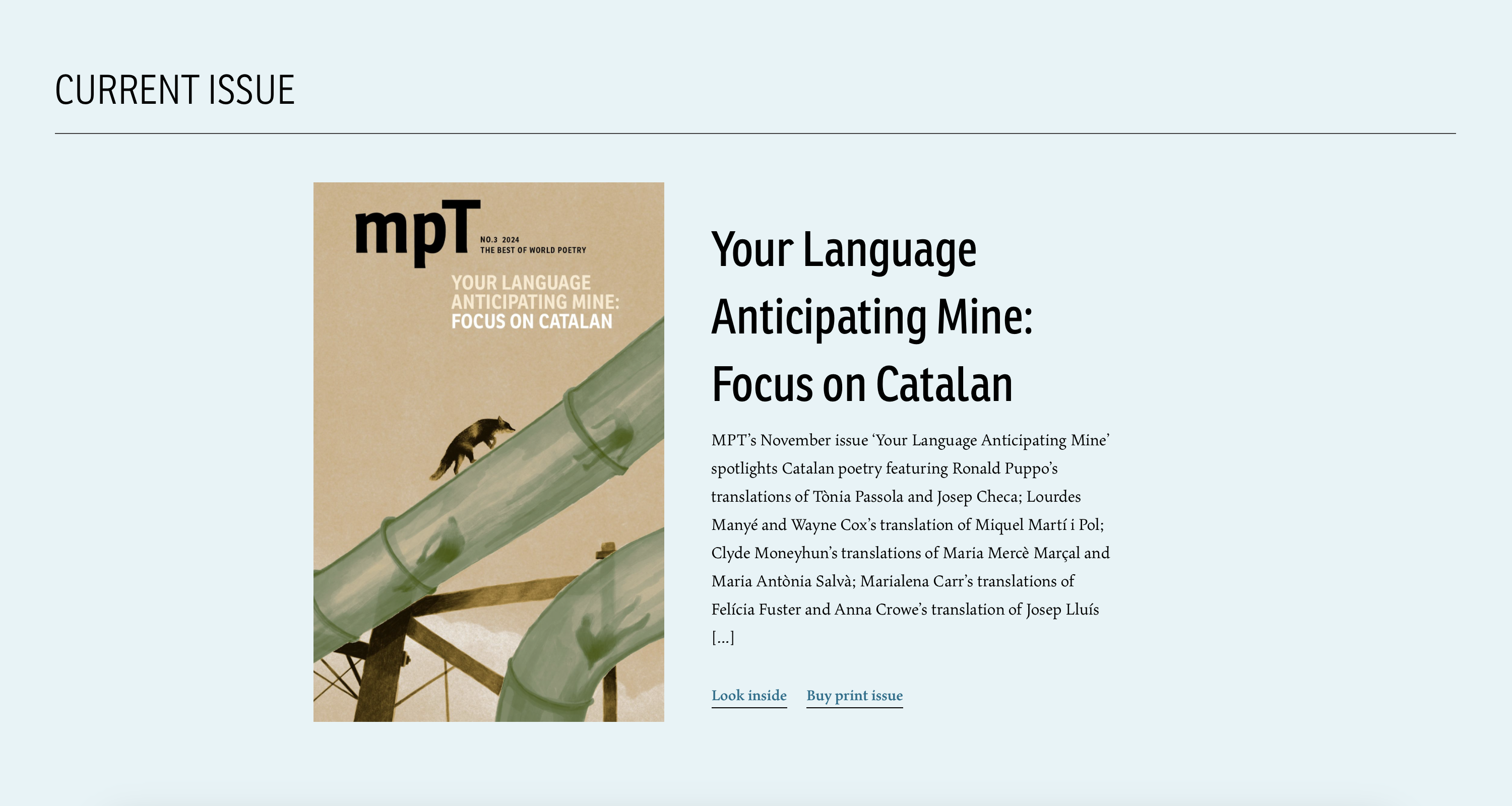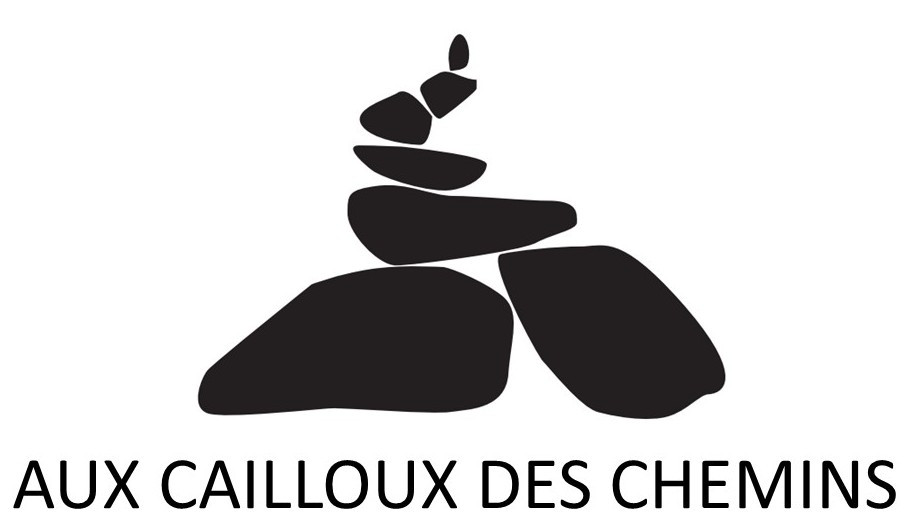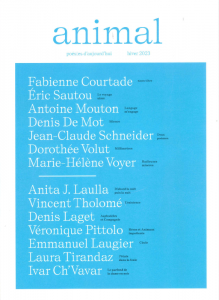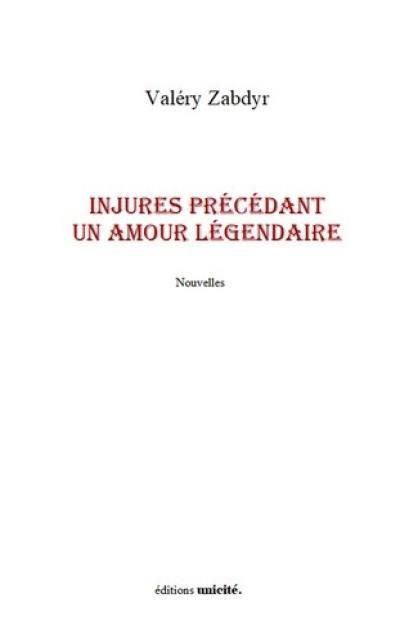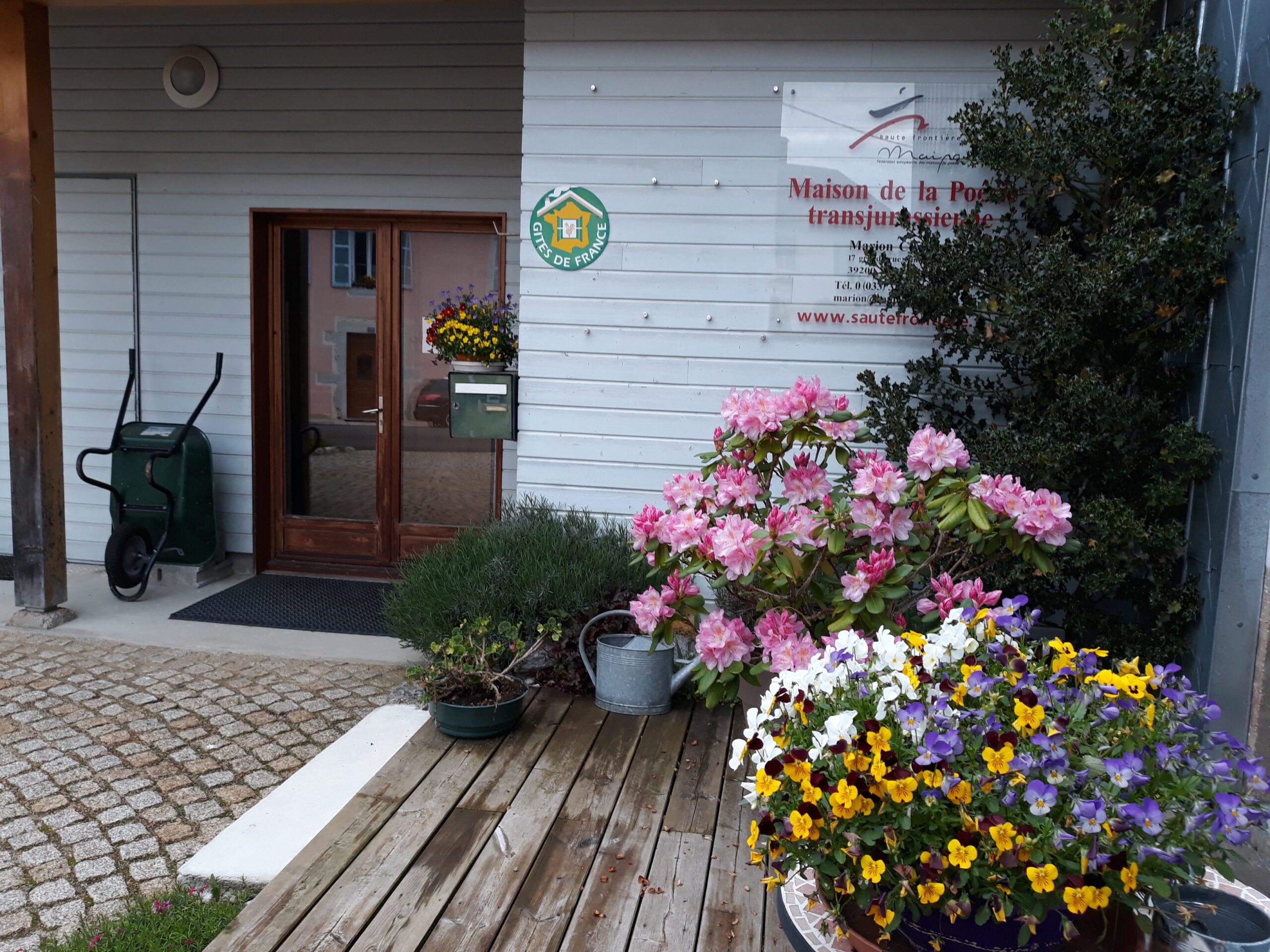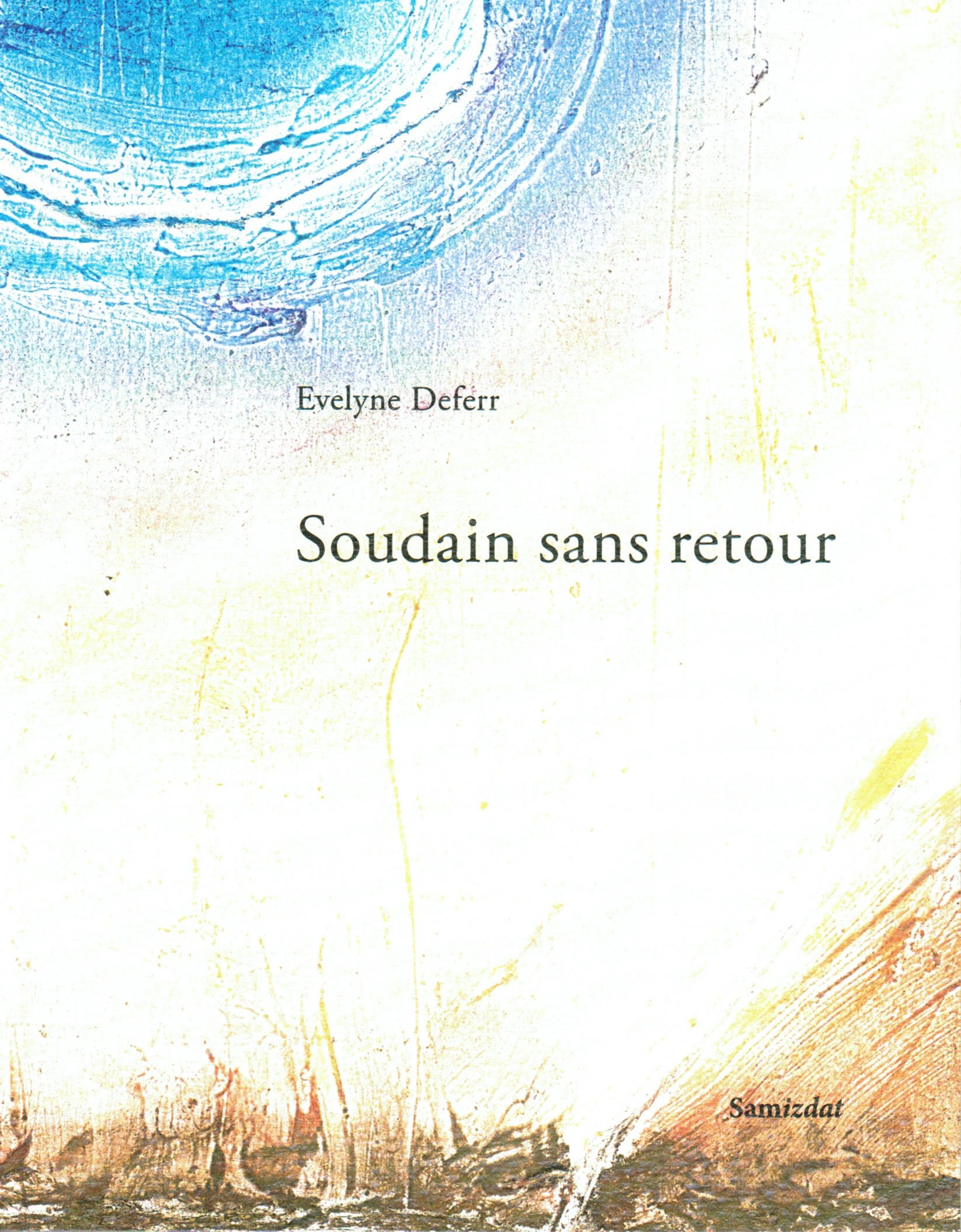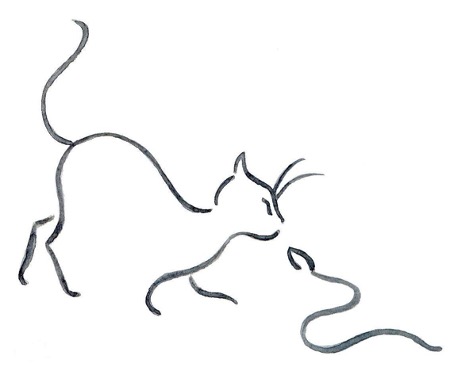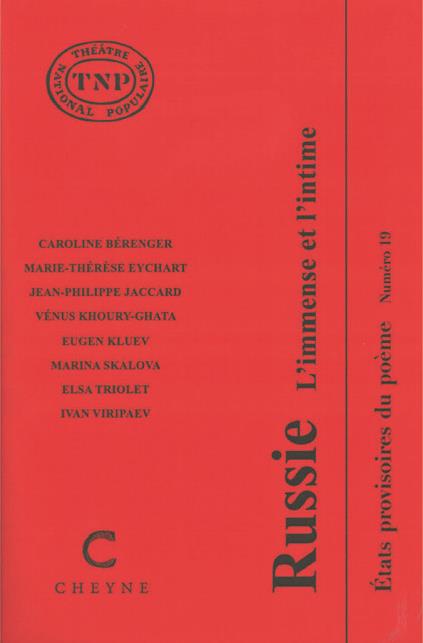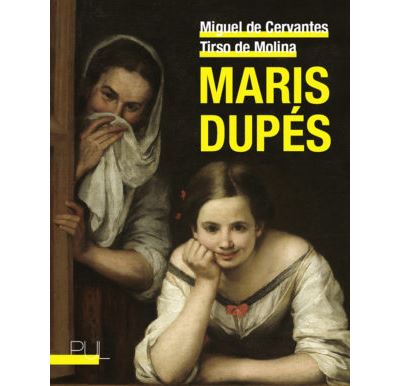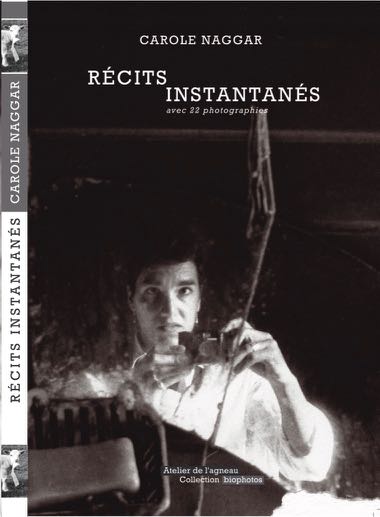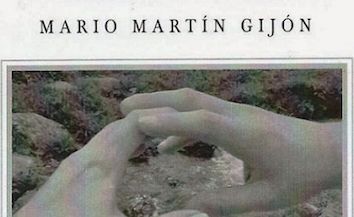As Narcissus, thou art son of a muse.
And to them thou singest.
Pestilence, but, torments the city,
as once in Oran.
It shall not be long and I will have
to follow Lenore,
sent to me in an eddy of fireflies,
cloaked with a mantle of darkness.
The only thing I am to await
is that the chain-like inevitability of fates
bring thee forth, Orpheus.
To redeem me with a cherubic miracle of sounds,
produced in the joints of thy fingers,
in the coils of thy pharynx,
in the curves of the diaphragm,
showing so beautifully on thy torso.
To take me to life again.
To eschew turning back
too early
in the horror of the inverted womb of the tunnel.
For, if thou freest me not, wherefore the Sun,
wherefore thine harp
in the most elevated of the houses of the Lord,
before beasts silenced and universe petrified?
Thou singest to them, Orpheus.
And that is seemly.
Bad blood, however, corrodeth my body,
Persephone herself made me a bed beneath her throne.
All for thy sake.
For she knoweth that thou shalt come. Even twice.
She knoweth that thou shalt not
stand over the shell asleep
when Charon rows me to the door.
“And what didst thou do in Summer?”
termites that suck the marrow of our passions shall ask thee.
“I sang.”
“So, dance now!”
If thou wouldst only
not turn back,
Orpheus!
If only thine æsthetical curiosity,
stronger even
than thy yearning for me, would not force thee into disobedience,
unpardonable to children of Light.
But who hath the right
to obliterate the legend
of those who are yet to come
in our stead?
L’Amour d’Eurydice
Comme Narcisse, tu es fils des Muses.
Et pour elles tu chantes.
La Peste, pourtant, tourmente la cité,
comme aussi à Oran.
Ce ne sera pas long et il faudra
que je suive Lenore,
qu’on m’a envoyée dans un tourbillon de lucioles,
drapée dans un manteau d’obscurité.
La seule chose que je doive attendre
c’est que l’enchaînement inévitable des destins
t’engendre, Orphée.
Pour me racheter par un miracle angélique de sons,
produits à la jointure de tes doigts,
dans le repli de ton pharynx,
dans les courbes de ton diaphragme,
si visiblement belles sur ton torse.
Pour me ramener à la vie.
Pour éviter le retour
trop tôt
dans l’horreur
du ventre inverse du tunnel.
Car, si tu ne me libères pas, à quoi bon le Soleil,
à quoi bon ta harpe
au plus haut des maisons du Seigneur,
avant le silence des bêtes et l’univers pétrifié ?
Tu chantais pour eux, Orphée.
et cela est bon.
Le mauvais sang, toutefois, corrompait mon corps,
Perséphone elle-même me dressa un lit près de son trône.
Tout par amour pour toi.
Car elle savait que tu viendrais. Même deux fois.
Elle savait que tu ne suivrais pas
mon écorce endormie
quand Charon me ménerait en barque vers la porte.
« Et que faisiez-vous au temps chaud ? »
te demanderont les termites qui sucent la moelle de nos passions.
« Je chantais. »
« Eh bien, dansez maintenant ! »
Si tu voulais bien seulement
ne pas te retourner,
Orphée !
Si seulement ta curiosité esthétique,
plus forte même
que ton désir ardent pour moi,
ne te poussait pas à désobéir,
devenant impardonnable pour les enfants de la Lumière.
Mais qui a le droit
d’effacer la légende
de ceux qui doivent encore venir
à notre place ?
First published in Serbian as “Ljubav Eurydicæ, Eurydicæ”
in Delo literary journal, Belgrade, 1991,
First published in English in Locutio Magazine, Maribor,
at http://www.locutio.si/avtorji.php?ID=833&clanek=1340, 2010
reprint in Mosaici Biennial Journal, University of St Andrews, 2011
Traduction Maryline Bertoncini

